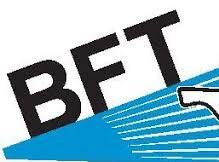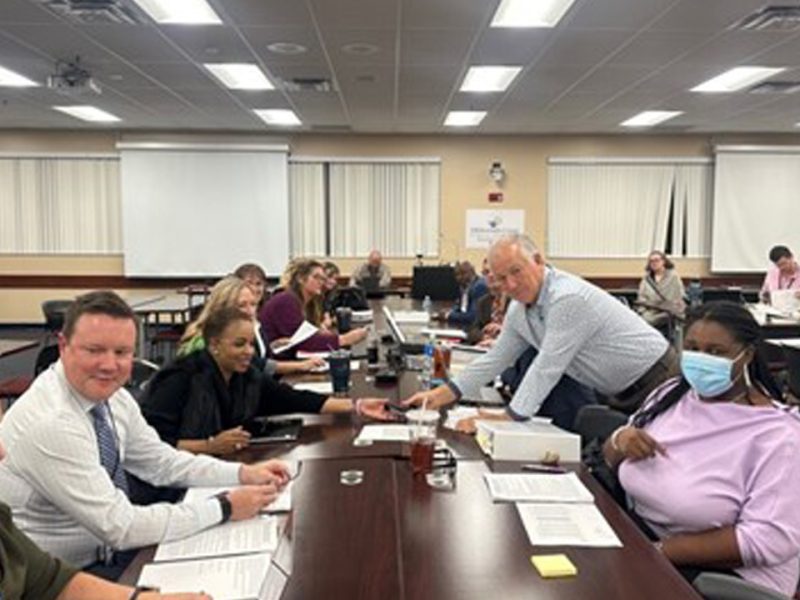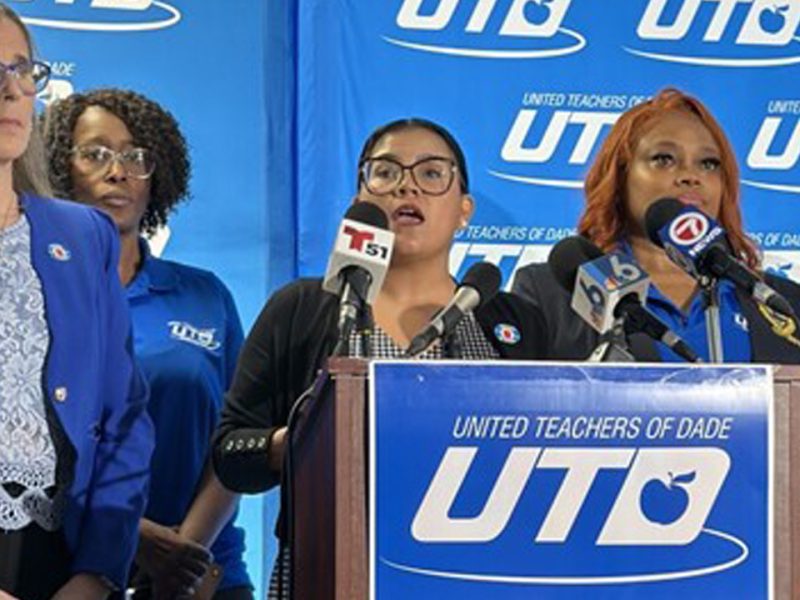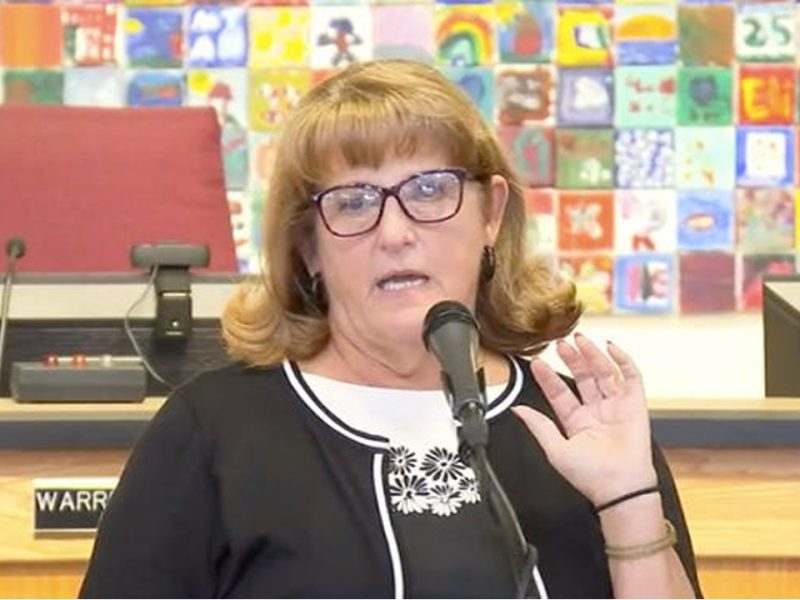Brevard Public Schools, teachers’ union disagree over drug policy, IEP plan documentation
Florida Today | By Bailey Gallion | September 28, 2021
At Brevard Public Schools’ second bargaining session with the Brevard Federation of Teachers for next year’s contract, disagreements emerged over the district’s drug policy, documentation required for specialized plans with students who have disabilities, and security camera recordings of teachers.
The Brevard Federation of Teachers met Monday with BPS over Zoom.
At an earlier meeting, the union introduced a proposal that would give teachers a one-time opportunity to enter drug rehabilitation when presented with a drug test. The teacher would be reassigned or placed on leave while receiving treatment. The district’s counter-proposal removed the section that would allow teachers to choose rehabilitation within 30 minutes of being notified they would be drug tested. Instead, teachers could only voluntarily enter rehabilitation before a drug test was required.
The union also sought to place limits on drug testing; testing could only occur when the district had “reasonable suspicion” that a teacher was under the influence of drugs or alcohol.
Current district policy is that all employees who seek treatment for an injury on the job are required to be drug tested even if that injury is something like an insect sting or an assault by a student. Members of the union have said they know of incidents in which teachers were subjected to drug screening after filing an incident report even if they didn’t seek treatment.
The district’s drug policy attracted wide attention in March, when Allison Enright, a teacher at Space Coast Jr./Sr. High School, was fired after medical marijuana appeared on her drug screen. Enright said she was pushed down stairs by a student and had to submit to a drug test because she filed a workers’ compensation claim. Enright disclosed beforehand that the test would detect marijuana.
The School Board voted 3-2 to fire Enright; board members said retaining a teacher known to be using medical marijuana could jeopardize funding because BPS would no longer qualify as a drug-free workplace, a condition of many federal grants. Though medical use of marijuana is recognized in Florida, all marijuana use remains illegal at the federal level.
Another area of disagreement: the district introduced a proposal that would require teachers to document each time they provided accommodations to a student with disabilities with an Individualized Education Plan (IEP). Teachers would have to maintain a log of the dates students received accommodations such as shortened assignments or increased time for testing.
Teachers would also have to provide copies of their lesson plans if an IEP was being “monitored for compliance.”
District representatives said the changes were necessary because the district was seeing an increase in complaints about IEPs, and last year was found by the state to have violated a student’s IEP because the teacher could not document the accommodations given to a student.
Members of the union, though, worried that filling out a “log” of accommodations would be impossible for teachers, many of whom have multiple students with IEPs.
“To be completely honest, teachers don’t have time in their day to document everything that they need to document, mainly because they’re losing so much planning during the week because we can’t get substitutes,” said Vanessa Skipper, BFT vice president.
The district will rework the proposal to attempt to address the union’s concerns.
BFT also introduced a proposal designed to limit recording of teachers. The union wanted the district to be required to make “every effort” not to place recording devices such as security cameras in direct view of teachers’ desks, though teacher’s desks could be recorded if there was no better place for them.
The district accepted that part of the proposal but rejected several lines that would forbid the district from using recordings in teachers’ discipline or evaluations.
“They’re absolutes, and I’m not going to say that something would not be caught on the camera that wouldn’t be used for some other reason, ever,” said Karlye Green, director of professional standards and labor relations.
The union has not yet introduced any proposals related to teachers pay, though BFT President Anthony Colucci has said reducing compression in teachers’ salaries is a priority. Though Florida has increased minimum salaries for teachers, the state still lags behind most of the U.S. for average salaries.
Colucci has said salaries for veteran teachers are now very similar to those of first-year teachers, and the union will address that problem after BPS’ budget becomes more clear in October. A student headcount Oct. 1 will finalize the district’s enrollment, and therefore determine the district’s annual budget.
Negotiations will continue at an Oct. 11 meeting.






